This blog was written by: Himanshu Gupta (IAS), Director of Education and Sports, Directorate of Education; and Shreyan Acharya, Change-Maker in Education Fellow, both of Government of National Capital Territory (NCT) of Delhi.
As India embraces “Vasudhaiva Kutumbakam” (the world is one family), awareness about the UN Sustainable Development Goals (SDGs) has become important for students at the school level. A bi-annual e-magazine pilot project was initiated in 30 government-run schools in Delhi with the purpose of empowering students with knowledge and skills related to international goals. The first edition of the magazine launched on the day of International Day of the Girl Child in 2022, focusing on SDG 4 Quality Education, paving the way to the next edition scheduled to launch on SDG 5 Gender Equality.
The process of producing school magazines is a regular process practised by different schools globally. The SDGs are global goals that nations have committed to achieving by 2030, and are imperative for the next generation of leaders in schools. The Government of Delhi envisioned attempting to teach the global value system at the school level through this magazine format. After careful deliberation, a process was developed to promote student-led participation across the 30 schools. The focus of the project is on bringing the student to the centre of participation, leading to developing a sense of agency and empowerment for decision-making.
The e-magazine project is ultimately a student-led magazine, where students demonstrate their creativity through their contributions and innovation in the editorial process. The teacher coordinators largely observe and guide and support whenever required. Regular interaction has oriented students about the SDGs, their role in the project and the significance the goals hold for them. On 11 October 2022, 30 e-magazines were launched. Through this blog, we highlight some of the learning from the steps taken by the Government to make schools institutions for the overall growth of the child.
Key learning outcomes
The outcomes illustrate a commitment to quality education in government schools in Delhi as a benchmark for reducing inequality to access. The following positive impacts on the students have been ascertained from student interaction and testimonies collected from teachers and school heads from 30 schools through regular interactions in the process:
Leadership skills: The guidelines formed by the Directorate of Education (DoE) in Delhi for the schools led to the process of students performing central roles. Including students in advisory and editorial boards provided them with the responsibility to take ownership in forming their own school magazines. They performed different roles, from designing strategies, communicating agendas, asking students for contributions, advocating SDGs in the schools and performing editorial and design tasks to establish the final magazine.
Literary skills: In academic and other fields, the essence of writing is crucial. Students participated and provided different forms of content on quality education, including essays, posters and book reviews. They also presented thoughts on their own journeys or observations of what they experienced as quintessential interpretations of quality education from the experience of students themselves. The practice of writing essays and book reviews, and making informative posters is lacking in many schools and this process of producing student-led content paves the way for building skills essential for their future endeavours.
Confidence-building: Schools are responsible for guiding students in enhancing their capabilities. Every child has a different nature. The process has enabled many children to present extraordinary talents and reveal hidden strengths. Through the testimonies received, many students who could not express themselves earlier in the classrooms have actively participated in the e-magazine project and “were happy to be recognised as young writers”. Therefore, the government-led initiative has proven to support building confidence by unleashing the hidden potential of the students.
Editorial process: The advisory and editorial teams from each school comprise students working as a collective unit to design strategies for communicating the project to the entire school. Students accomplished a process to review content received by their peers. During the review process, students ensured that guidelines were duly followed and as a team, took ownership of the magazines produced. Through the editorial process, they also gained knowledge of hard skills by accessing and carrying out different technological tools critical for editorial purposes.
Advocacy skills: This is the first time that Delhi government schools have produced student-led e-magazines focusing on the SDG theme. It was seen as a challenge when the rationale of the project was conveyed initially, but efforts were made by the DoE to acquaint students with SDGs and share the advantages of global values. Teachers and especially students from the respective boards played an influencing role in becoming bridges in creating awareness amongst fellow students – through platforms such as school assemblies and door-to-door classroom campaigns for outreach. An understanding of global agendas has empowered and encouraged students to think globally.
The students learned teamwork, leadership skills, communication strategies, advocacy skills, digital literacy, literary skills, editorial skills and much more. The cumulative elements of the process make the project beneficial for harnessing global values. The scope of this model can be expanded by the Government to emphasise the vitality of the process to enhance student participation and build leaders for tomorrow.

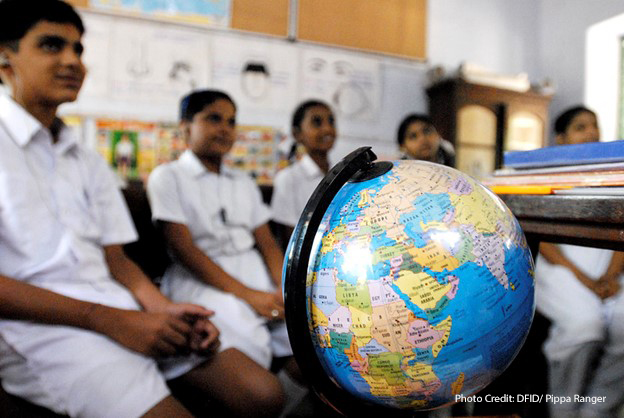
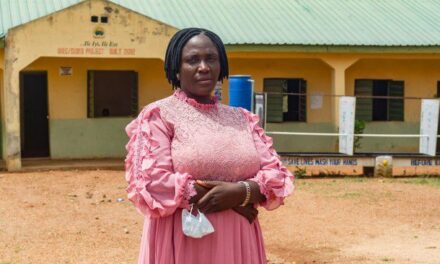
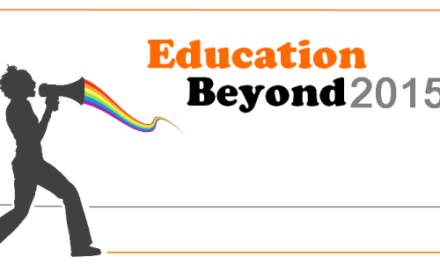
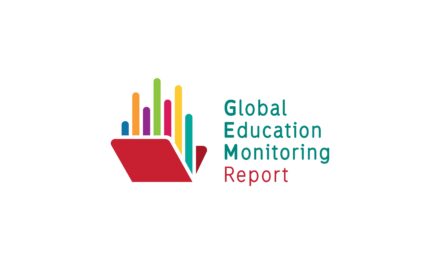
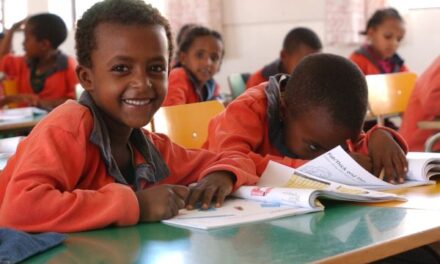
We at City Montessori School, Lucknow are also promoting the SDG awareness via co-curricular as ell as extra- curricular activities. Our Quarterly e-magazine ( http://online.anyflip.com/kfmnr/jqne/mobile/ ) covers the same in every edition. This ensures holistic participation of Learners, Educators, Parents as well as School Management.